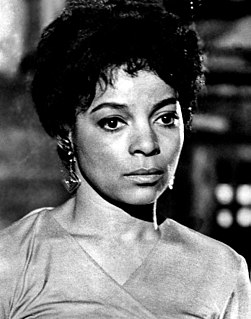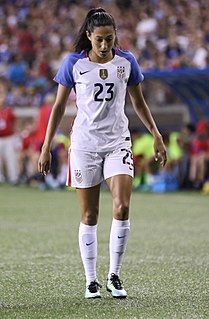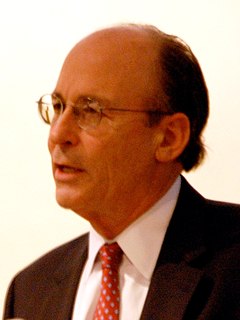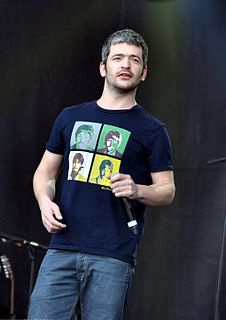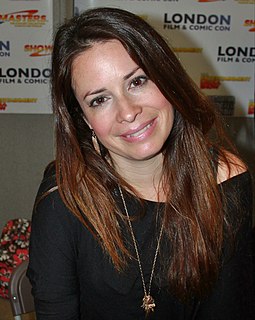A Quote by Ruby Dee
My mother - my stepmother, really, she herself have been what they call an elocutionist. And she was the one who first encouraged me to write poetry, because she used to read it to us. And then when I began to write when I was nine years old, my first poem was published in the Amsterdam News. I called it "The Graveyard."
Related Quotes
My mother teaches high school English, and she's an artist and a poet and a sculptor, she's published twelve poetry books. I grew up in a household in Venezuela with living, breathing art installations that were the way that she used to express herself, a highly creative environment where ideas were celebrated, where artistic expression was celebrated. Seeing her as somebody who was always able to have a creative output - if she felt sad, she wrote a poem, if she felt happy, she made a sculpture - I think for me, there was an early interest in finding outlets for my passions.
My mom is just authentically herself all the time. She loves herself. She loves her sense of humor. She brings people in when she talks. She brings people in when she laughs. Watching her, I think that that's when I first learned and was encouraged to be myself and to sort of love and live in that way.
...fact was she knew more about them than she knew about herself, having never had the map to discover what she was like. Could she sing? (Was it nice to hear when she did?) Was she pretty? Was she a good friend? Could she have been a loving mother? A faithful wife? Have I got a sister and does she favor me? If my mother knew me would she like me? (140)
My mother’s been living alone for over ten years. She gets up at six every morning. She makes herself a coffee. She waters her plants. She listens to the news on the radio. She drinks her coffee. She has a quick wash. An hour later, at seven, her day is over. Two months ago a neighbour told her about your blog, and she asked me to buy her one of those thingummyjigs – by a thingummyjig she meant a computer. And since then, thanks to your trimmings, your ribbon bows, your tie-backs for curtains, she’s rediscovered the joys of life. So don’t tell me you don’t know any answers.
That one woman is both mother and virgin, not in spirit only but even in body. In spirit she is mother, not of our head, who is our Savior himself-of whom all, even she herself, are rightly called children of the bridegroom-but plainly she is the mother of us who are his members, because by love she has cooperated so that the faithful, who are the members of that head, might be born in the Church. In body, indeed, she is the Mother of that very head.
I don't know what started me, I just wrote poetry from the time was quite small. I guess I liked nursery rhymes and I guess I thought I could do the same thing. I wrote my first poem, my first published poem, when I was eight-and-a-half years old. It came out in The Boston Traveller and from then on, I suppose, I've been a bit of a professional.
In seventh grade I had a magical teacher, her name was Mrs. Fried. She wore only pink, she drove a pink Mustang, and she was half out of her head. But very inspiring. And one day she said, "Take out a paper and pen and write something about peace." For some reason I wrote a poem on Noah - I don't know why I chose Noah - and it turned out it was for a contest for the UN. I ended up winning and reading the poem in front of the UN. I remember Mrs. Fried telling me, "When you write your first book, dedicate it to me." That was like, "Whoa."
